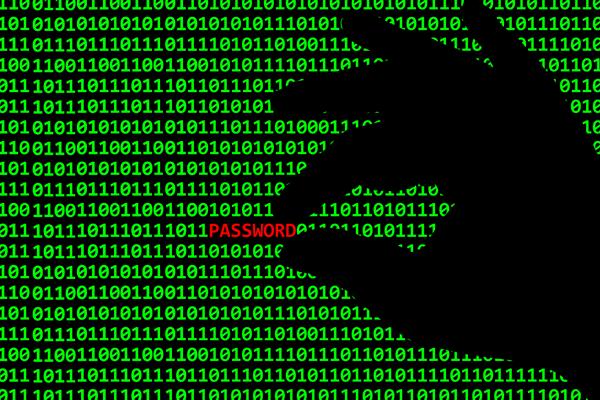The FBI is investigating what's being called a Russian cyber attack on the Democratic National Committee that resulted in a flood of internal emails being leaked to the public.
The investigation comes after DNC Chairwoman Debbie Wasserman Schultz abruptly resigned on Sunday after the leaked emails, posted on WikiLeaks, showed party officials conspiring to damage the campaign of Sen. Bernie Sanders, an Independent from Vermont.
"The FBI is investigating a cyber intrusion involving the DNC and [is] working to determine the nature and scope of the matter," according to an email from a bureau spokesman.
The statement didn't mention Russia, but The Washington Post reported last month that Russian spies had hacked the DNC and "so thoroughly compromised the DNC's system that they also were able to read all email and chat traffic."
The Post reported researchers with the cyberfirm CrowdStrike, hired by the committee, "identified two separate hacker groups, both working for the Russian government, that had infiltrated the network, said Dmitri Alperovitch, CrowdStrike co-founder and chief technology officer. The firm had analyzed other breaches by both groups over the past two years."
Notably, the hacked emails weren't released to WikiLeaks until right before the start of this week's Democratic National Convention, a move observers from both sides of the political aisle say appears to have been designed to meddle in the U.S. election.
Meanwhile, WikiLeaks founder Julian Assange on Monday told Richard Engel of NBC there was "no proof whatsoever" Russian spies were behind the attack, though several cybersecurity experts told Engel Russian intelligence operatives were indeed involved.
Peter Singer, an author and senior fellow at the New America Foundation, a nonpartisan think tank in Washington, D.C., in a series of tweets on the topic Tuesday said the Russians have "set up a wide apparatus" to support information warfare, with "75 different organizations, ranging from university programs to military units."
Singer said the U.S. should take steps to combat such threats by increasing resilience, raising awareness and rethinking government response.
"We may have to make clear we can data dump back, in ways that pressure them more," he said. "If they want to mess with our elections, we can release private financial info of a regime leader, family, oligarchs."
After resigning from the DNC, Schultz joined Hillary Clinton's campaign to serve as honorary chair of her "campaign's 50-state program to gain ground and elect Democrats in every part of the country," The Washington Times reported.
Republican presidential nominee Donald Trump mocked Schultz, saying, "I always said that Debbie Wasserman Schultz was overrated. The Dems convention is cracking up and Bernie is exhausted, no energy left!" according to Politico.
Despite the political barbs, the ordeal may indicate state-sponsored cyberwarfare is an emerging threat designed to influence U.S. elections, in addition to stealing information from American government agencies and companies.
Excluding this recent Russian hack, there have been at least seven other high-profile attacks, or "significant cyber events" in 2016, according to the Center for Strategic and International Studies, a think tank based in Washington, D.C., which maintains a database of such incidents.
"A compromise of this nature is something we take very seriously, and the FBI will continue to investigate and hold accountable those who pose a threat in cyberspace," the bureau stated.
-- Matthew Cox can be reached at matthew.cox@military.com.
Related Video:
Two Minute Brief: US - Russia Relations






























